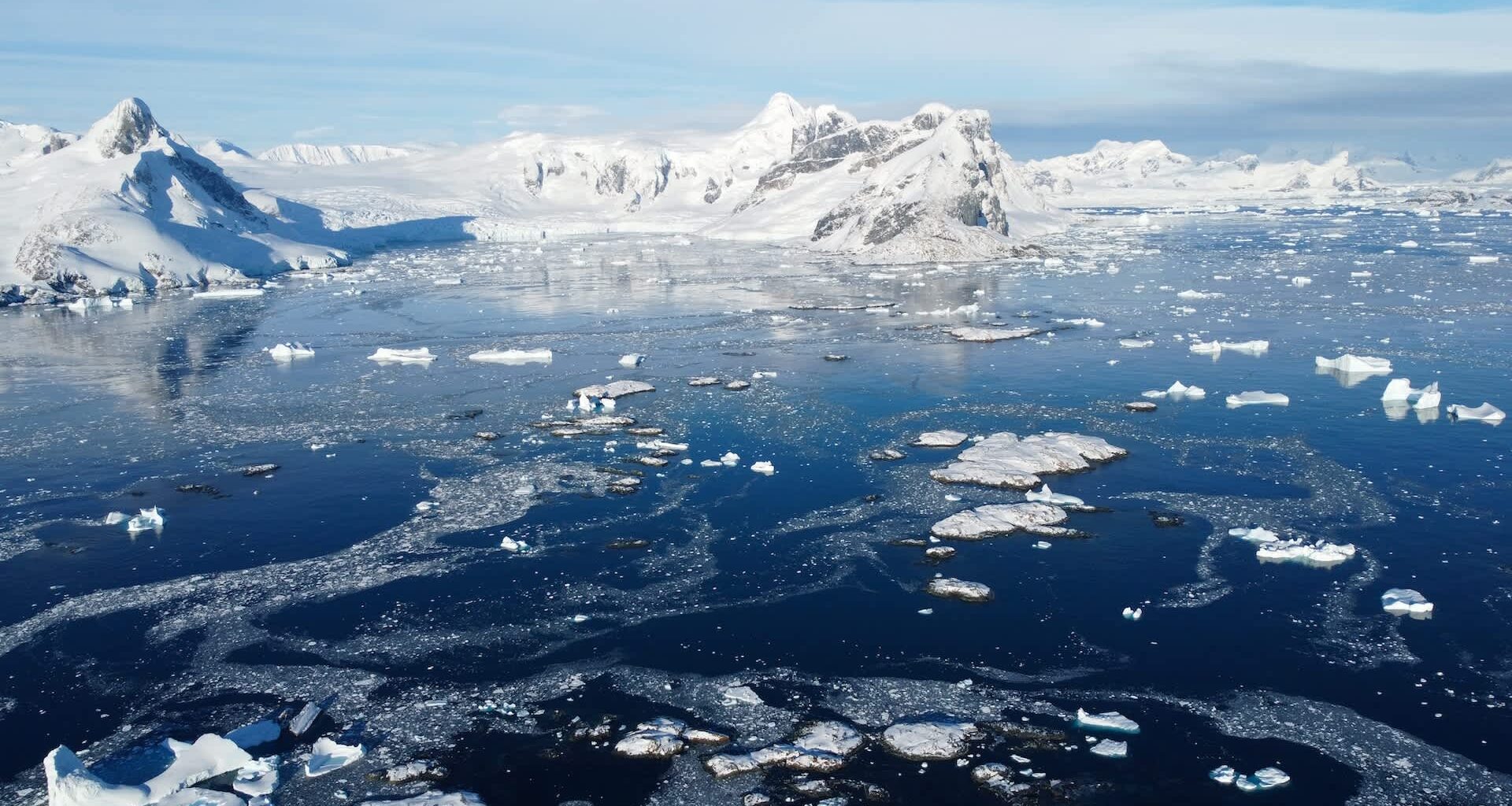New research into the state of Antarctica has found it is much closer to the Arctic than previously assumed.
What’s happening?
A Gist article shared on Phys.org reported that a study by the Danish Meteorological Institute found that warming global temperatures are having much the same effect at the South Pole as in the north. The research used Greenland as a lens through which to see parallels with developments in Antarctica.
“Antarctica has long been considered more stable than the Arctic. But today, the picture has changed,” lead author Ruth Mottram of the DMI said in a statement.
It’s long been known that the Arctic is warming much faster than the rest of the world, but less was known about Antarctica. One study found the Arctic has warmed four times faster since 1979, per Nature. The DMI’s analysis reveals that the already urgent situation for sea ice is considerably worse than already feared.
Why is sea ice loss so concerning?
The study adds to the growing body of knowledge of the plight of the world’s only uninhabited continent. The planet-heating pollution of dirty energy is accelerating the loss of sea ice and causing rapid sea-level rise. This leads to coastal erosion and the complete disappearance of islands worldwide. Worse, as the oceans warm, hurricanes and other extreme weather events become much more severe and frequent.
If Greenland’s entire ice sheet is lost, sea levels will rise 23 meters. If Antarctica meets the same fate, it will trigger a catastrophic 50-meter rise.
Want to go solar but not sure who to trust? EnergySage has your back with free and transparent quotes from fully vetted providers that can help you save as much as $10k on installation.
To get started, just answer a few questions about your home — no phone number required. Within a day or two, EnergySage will email you the best local options for your needs, and their expert advisers can help you compare quotes and pick a winner.
What’s being done to protect Antarctica?
The research paper calls for further and more in-depth study using Greenland as a frame of reference. With a better understanding and greater awareness of the issues, more productive solutions can come to the fore.
In the short term, drastic measures to slow sea ice loss could be required. However, the true long-term impact of geoengineering isn’t yet fully understood, as Science explained. Research suggests using direct interventions to complement, rather than replace, the transition to clean energy, which will reduce pollution and slow the world’s overheating.
Join our free newsletter for good news and useful tips, and don’t miss this cool list of easy ways to help yourself while helping the planet.


